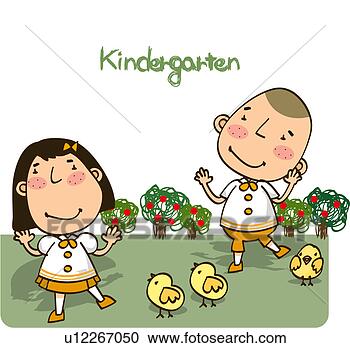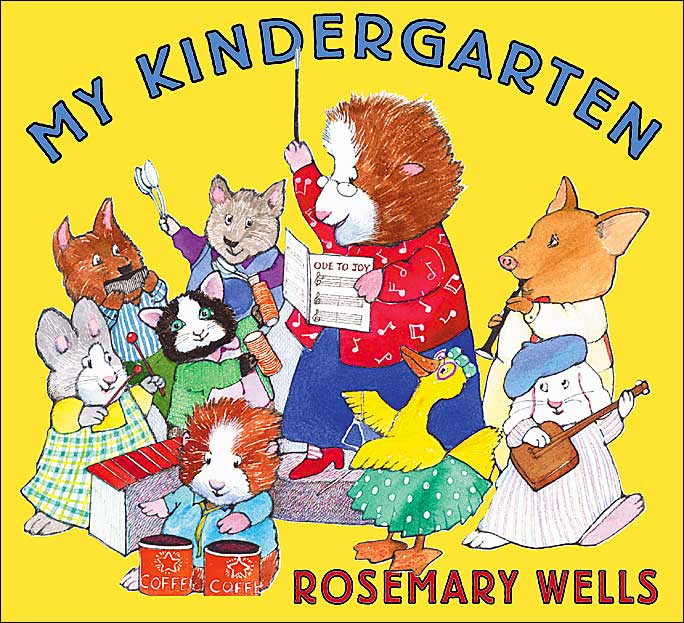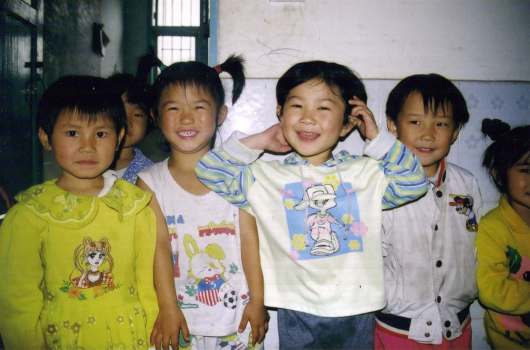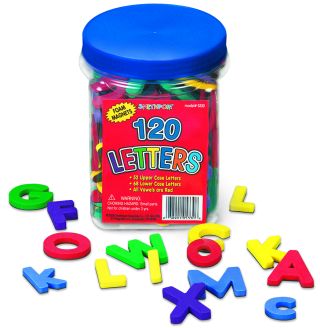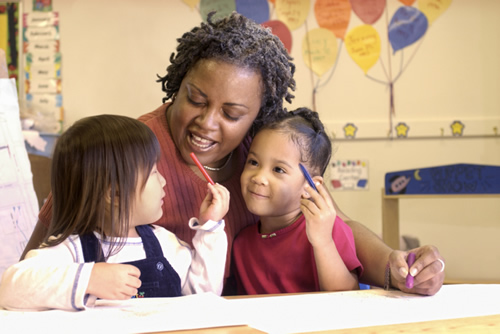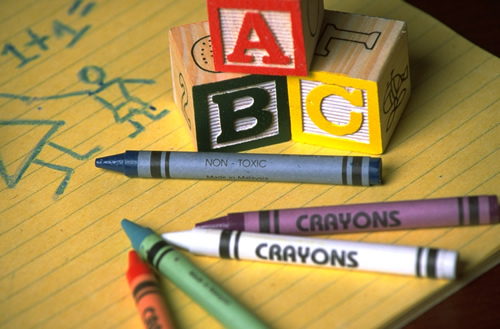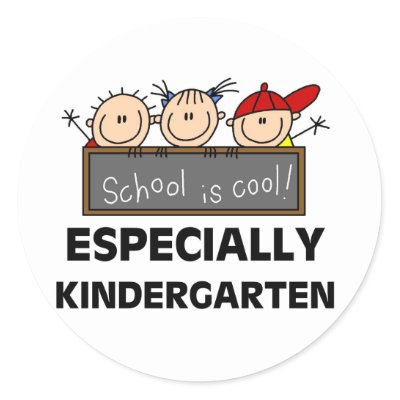If you are unfamiliar with the process then, it is a good idea to call the elementary or primary school your child will attend for more information. If you are not certain which school your child will attend then call the school district's main office.

While registration is free there are some costs associated with kindergarten registration. Your child will need a current physical (often documented on the state's medical exam form) and will need to be current on all vaccinations. Your child will also need a current eye exam (often documented on a state eye exam form).
Most schools also require a birth certificate and social security number.
Some schools require these five documents at the time of registration: ~ Birth certificate ~ Social security card ~ Current immunization record (on state certificate) ~ Current physical record (on state medical exam form) ~ Current eye exam (on state eye exam form)
Other schools are more flexible and allow registration with only some of the forms as long as all other information is provided by the time school starts.
Once your child is registered, then your child will be scheduled for a kindergarten screening in most school districts. The screening is conducted by one or more professional educators.
The purpose of the kindergarten screening is not to determine whether or not your child will be admitted to kindergarten but rather how your child's unique needs will be met in the coming school year. This means matching the right teacher, classroom, and program to your child.
Most often, kindergarten screening looks at six primary areas: cognitive skills, listening and sequencing skills, language skills, fine motor skills, gross motor skills, and social/emotional skills.

The kindergarten screening is not the final judgment on your parenting skills or your child's school readiness. It is simply the first time (in most cases) that the school district will have to assess your child. Early screening allows the school to help you prepare your child before school begins. You may be given a checklist, or other instructions, noting skills to work on with your child. Sometimes children with special needs may be flagged at this point. This can be very beneficial as the earlier intervention takes place the easier it may be for your child to stay on the same time table as his peers.
The kindergarten screening also allows the school to better match your child with a teacher, class, and program. Each child's kindergarten experience is unique depending on the level of their skills at entry and the rate of their progress after school starts. The activities and work your child engages in during kindergarten may not be identical to those of all classmates. Many schools break classes up into ability groups or even pull children out of class to work with peers of similar ability or need.
Identifying special needs, problems, or abilities early on helps the school plan for the coming year. Will there be sufficient demand for a gifted program or a remedial program, are examples of some of the questions that kindergarten screening helps the school answer.
While your local school must make a place for your child no matter when you register it is to everyone's benefit if you register as early as possible. The school needs an accurate enrollment projection but also needs to make educational plans that can most accurately be made after meeting and testing your child. In addition, your child benefits from early enrollment by allowing you to know what to do to prepare your child for kindergarten. Finally, your child is now on a list, which will allow the school to contact you regarding open house, information meetings, and other events.
For example, my local school district offers a special program a few weeks before school starts that allows some kindergarten students to start school early. The students can become familiar with the school building when it is not full (and not so frighteningly loud and busy) and begin working on some important skills, which may be interfering with their ability to succeed.
Kindergarten registration is a simple and necessary process, but it can be confusing if you don't know what to expect. Knowing what to do before you register, what to expect during registration, and what will follow registration can help make the process less frustrating and confusing for everyone involved.





